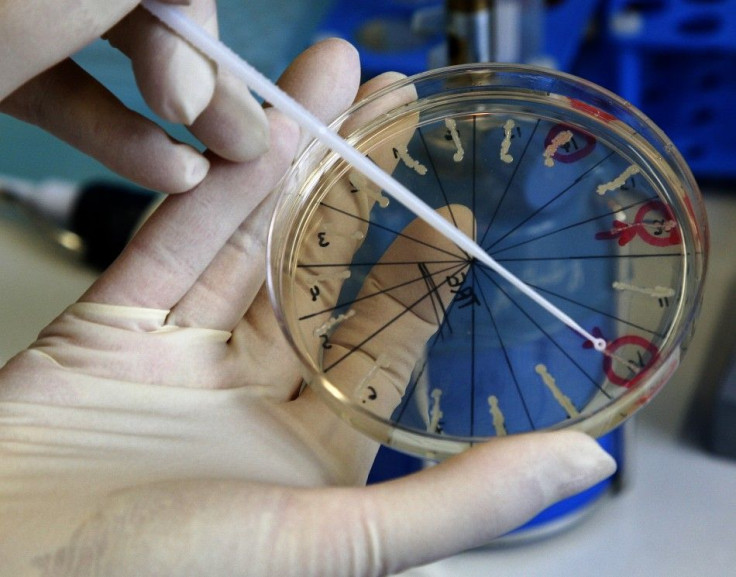University of Chicago makes its first foray into engineering

The University of Chicago is all set to launch its first ever school of engineering with the new Institute for Molecular Engineering, set up in collaboration with the Argonne National Laboratory, to explore innovative technologies that address fundamental societal problems such as energy security, health and clean water through modern advances in nanoscale manipulation and the ability to design at a molecular scale.
Research in molecular engineering has the potential to yield extremely significant advances in both basic science and technology, as well as to create innovations in engineering education, said University of Chicago President Robert J. Zimmer in a statement from the School.
The School has named Matthew Tirrell, a pioneering researcher in the fields of biomolecular engineering and nanotechnology, as the founding Pritzker Director of the Institute, effective July 1.
Tirrell brings to Chicago years of experience and expertise in the manipulation and measurement of the surface properties of polymers, materials that consist of long, flexible, chain molecules. His work combines microscopic measurements of intermolecular forces with creation of new structures, and has provided new insight into polymer properties, especially surface phenomena such as adhesion, friction, and biocompatibility, and new materials based on self-assembly of synthetic and bio-inspired materials.
Prior to the current appointment, he was with the University of California at Berkeley as professor of materials science and engineering and chemical engineering, as also a faculty scientist at the Lawrence Berkeley National Laboratory.
The institute is the largest new academic initiative from the University since the founding of the Harris School of Public Policy Studies in 1988. According to news published in the University's journal, Molecular Engineering will have a target size of 24 faculty members, many of them with joint appointments at Argonne, who will be recruited over the next decade to work in four to six thematic areas determined by the director and other faculty. The faculty of the institute will develop introductory and specialized courses, and later will propose a curriculum in molecular engineering to support an undergraduate major, as well as graduate degrees, which will require separate faculty approval.
© Copyright IBTimes 2024. All rights reserved.





















